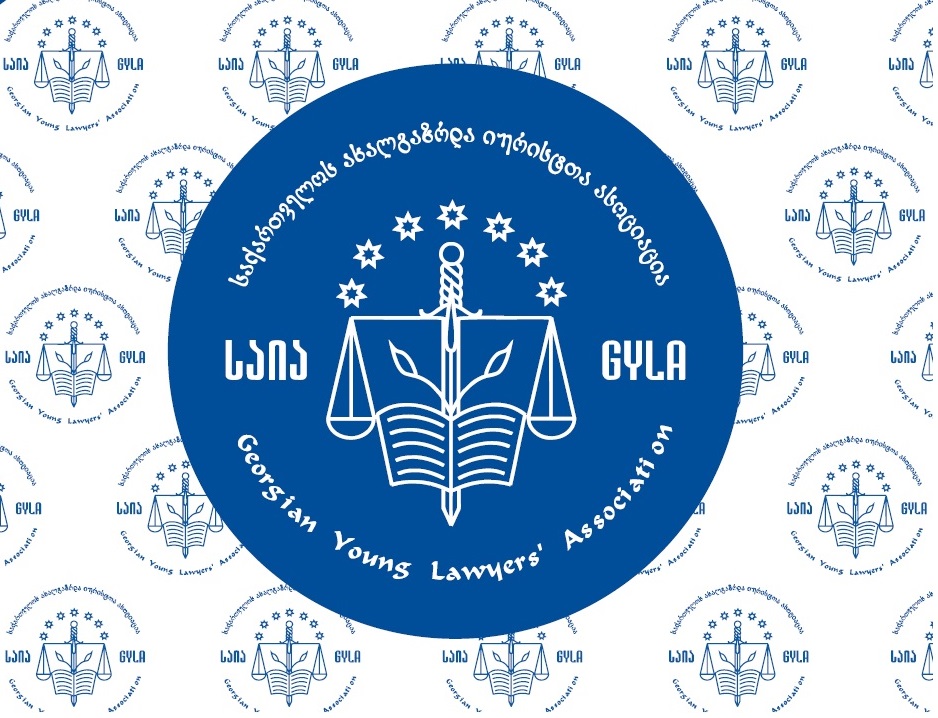


On September 20, 2011, GYLA filed an appeal with Constitutional Court seeking recognition of the norms of the Law of Georgia on Operative and Investigative Activities that allow law enforcers to monitor private communications on the Internet as unconstitutional. GYLA is seeking determination of whether the impugned norms comply with Article 19 (freedom of speech and expression) and Article 20 (right to privacy) of the Constitution of Georgia.
On September 24, 2010, the law of Georgia on Operative and Investigative Activities was amended, allowing law enforcers to monitor private communications on the Internet. The proposed legal formulation is obscure and allows for various interpretations.
Format of private internet communications is a personal, intimate field of an individual, protected by Article 20 of the Constitution of Georgia. Mandatory requirement for such intrusion in one’s personal life is court’s warrant or existence of urgent necessity. None of these conditions are envisaged by norms impugned by GYLA but rather court control on monitoring of private internet communications are directly ruled out.
GYLA appealed against the impugned norms in connection with Article 19 of the Constitution of Georgia, which guarantees freedom of speech and expression. Internet is a unique opportunity allowing an individual to express his/her own opinion in a virtual circle. Internet also allows for protection of anonymity of an individual, which constitutes additional guarantee of freedom of speech on the internet. Under para. 3 of Article 19 of the Constitution of Georgia, protection of another person’s right only can justify infringement of freedom of speech.
ჯ. კახიძის #15, თბილისი, საქართველო, 0102 ; ტელ: (995 32) 95 23 53; ფაქსი: (995 32) 92 32 11; ელ-ფოსტა: gyla@gyla.ge; www.gyla.ge
15, J. Kakhidze str. 0102, Tbilisi, Georgia. Tel: (995 32) 95 23 53; Fax: (995 32) 92 32 11; E-mail: gyla@gyla.ge; www.gyla.ge